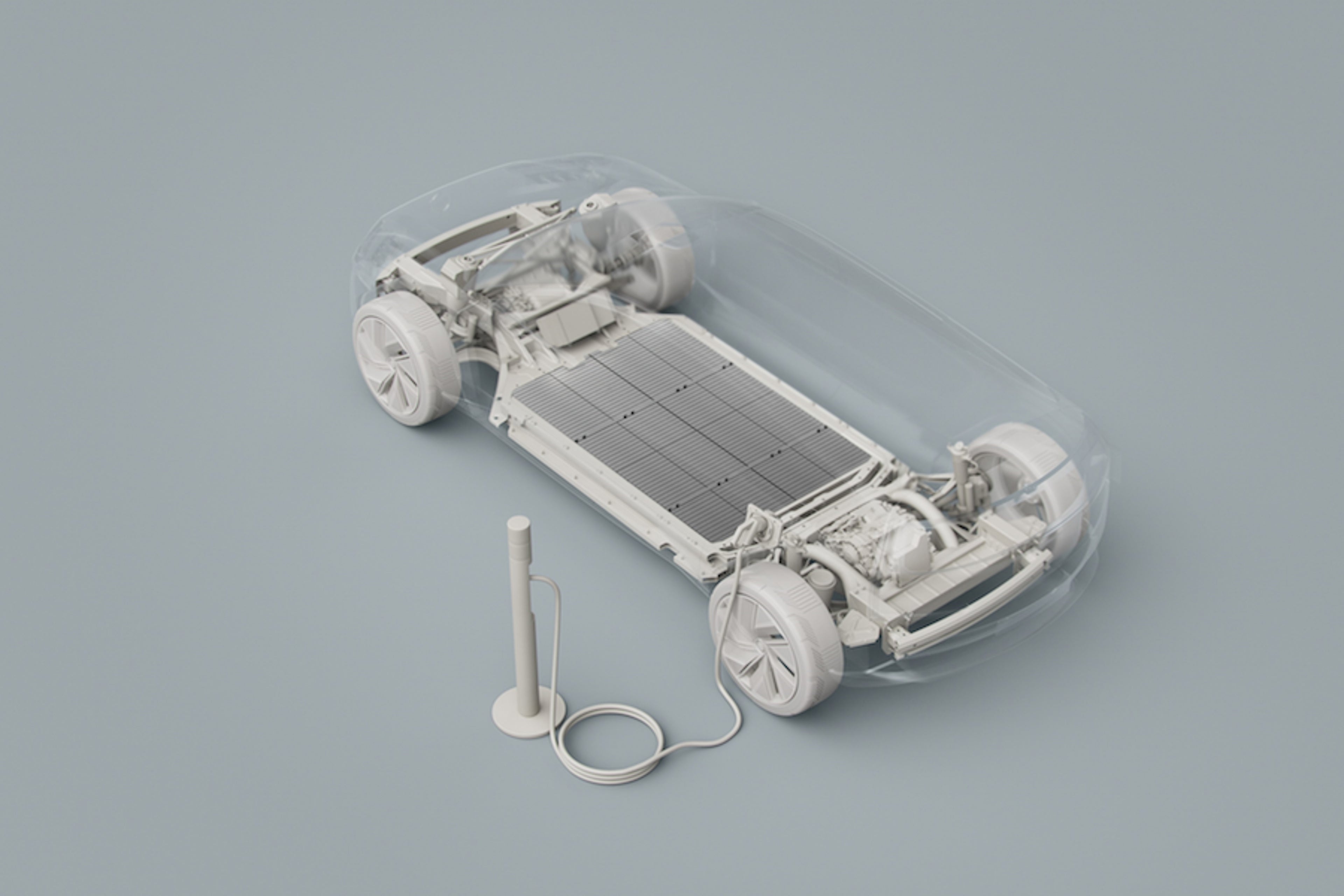EV efficiency: Making tech bets to power driving’s future
Volvo’s technology investment arm has made another strategic bet on the tech that could mean more range – and more efficient – electric vehicles.

Volvo Cars this month made another investment in a tech start-up – Leadrive, which specialises in silicon carbide technology. To most drivers, that may mean little. But it’s the little improvements in efficiency and technology that allow electric cars to go further for longer using less energy and smaller batteries.
That means lower costs both for carmakers and drivers, and less strain on national power systems that will have to accommodate the electrification of transport.
Among other things, Leadrive’s technology is used in e-axles, basically units that bring together key components – motors, power electronics and transmission – so that they can sit directly above car axles. That frees up space for batteries and means fewer cables.
Investment by Volvo Cars Tech Fund will enable the firm to keep improving its technology
Silicon carbide technology reduces that footprint further, because it can help deliver greater power than other semiconductors, driving greater efficiency. Even single percentage gains add up – and Leadrive’s e-axle trials with carmakers have already proven that it can increase vehicle range by at least 4.5 per cent.
Investment by Volvo Cars Tech Fund will enable the firm to keep improving its technology – in turn helping Volvo Cars’ mission to build the most efficient electric drivetrains as it bids to become a fully electric car company within the next few years.
Leadrive is one of almost 20 investments made by the venture capital arm to date. These range from businesses working out how to reduce the weight of both automotive panels; companies rethinking battery chemistries for faster charging times; firms that make technology to keep sensors clean; businesses building virtual power plants – which aggregate things like household solar systems and car batteries to help balance power grids; to firms creating supply chain emissions tracking software; as well as companies developing alternatives to the rare-earth magnets are used in EV motors.
See the tech fund portfolio here.